Civil Religion
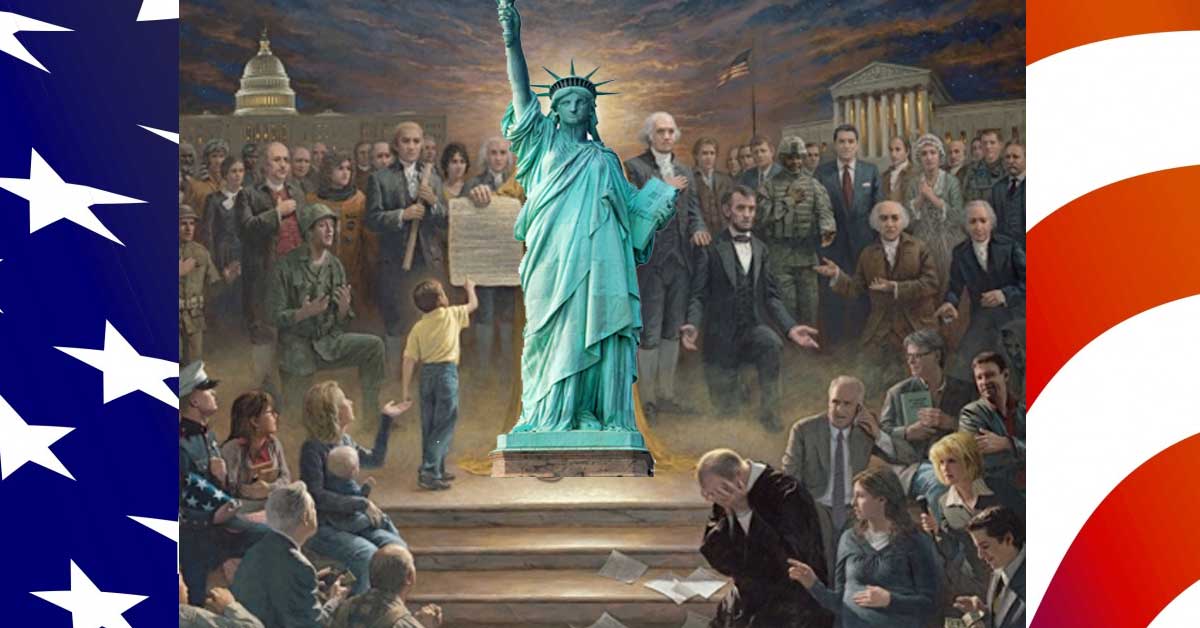
“Civil Religion” is the civic “religion” of a nation. It doesn’t describe the theological religion of a nation, but rather a quasi-religious shared identity built around national symbolism and customs.
Politics is the science, art, and theory of influence and governance.
“Governing a country is like cooking a small fish, if handled correctly the results will be good”. – Lao Tzu

“Civil Religion” is the civic “religion” of a nation. It doesn’t describe the theological religion of a nation, but rather a quasi-religious shared identity built around national symbolism and customs.
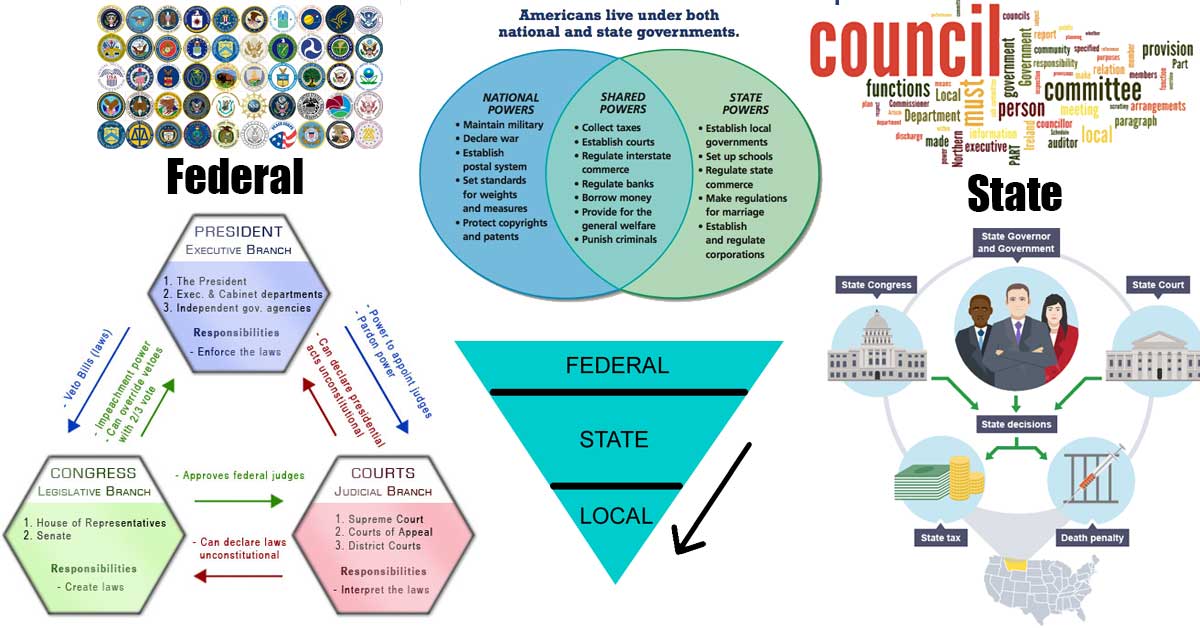
Separation of Powers describes the way in which government is divided into different branches (ex. in the U.S., the legislative, executive, and judicial). Checks and balances describe the powers each branch has to “check” the other branches and ensure a balance of power.
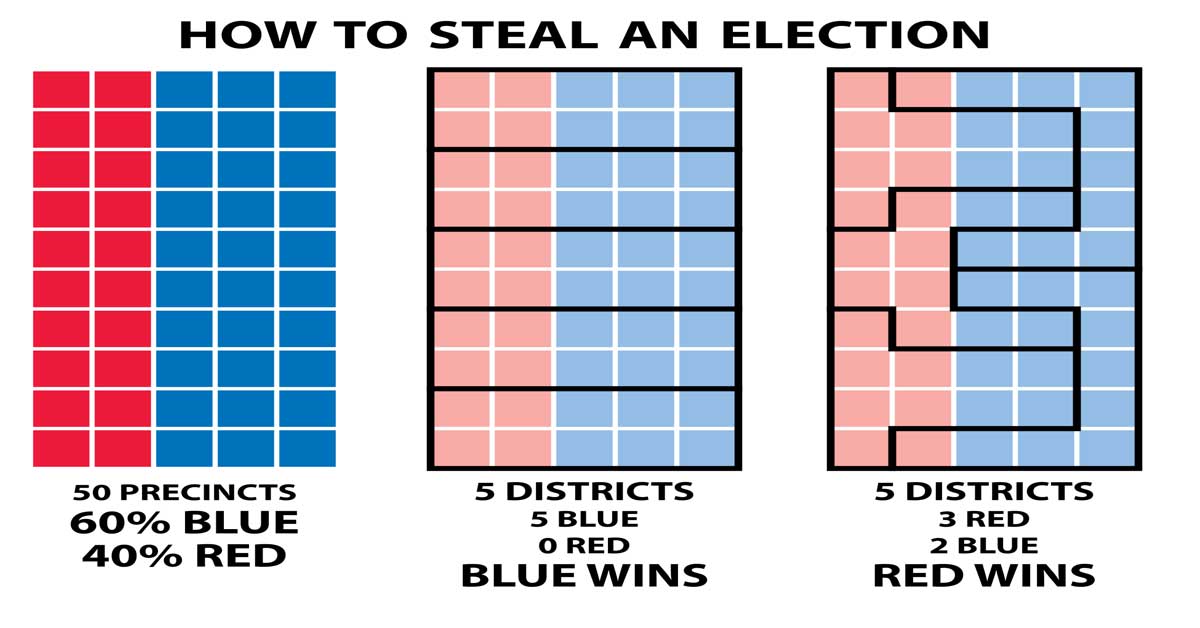
Voter fraud is real and so is voter suppression. However, widespread voter fraud is very unlikely to occur, and convicted voter fraud in the United States is very uncommon.
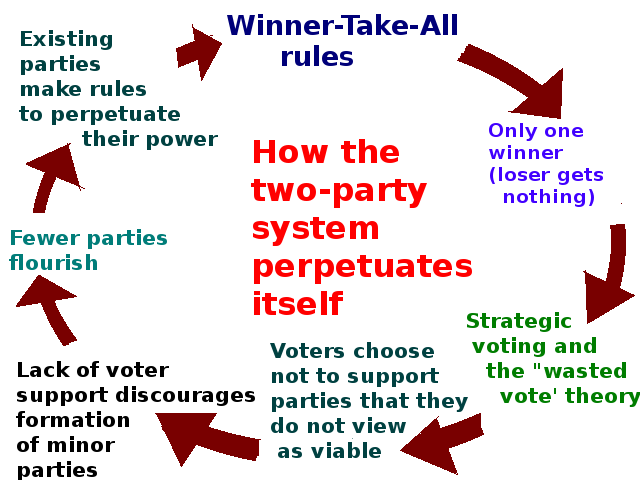
We explain political duopolies by looking at the political duopoly in the United States of America and other historic duopolies.

In modern history political factions have often been represented by a color, we look at political color to understand color politics.

Third Parties can win elections, but they rarely do. This is because the United States of America has a two-party system in practice.

Despite two parties dominating politics due to a majority being needed to win elections, the United States doesn’t officially have a two-party system. Parties aren’t even mentioned in the Constitution.

We explain neoliberalism, globalization, nativism, and protectionism and the pros and cons of “neoliberal globalization” and “nativist protectionism.”
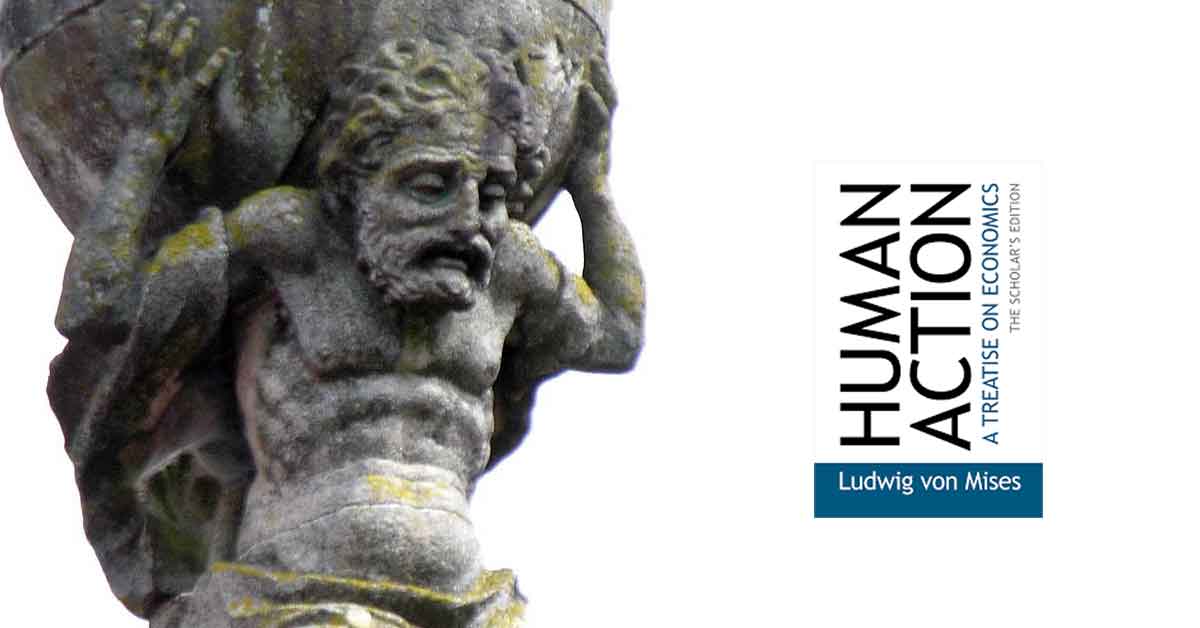
As Mises said, “all action is human action”. In other words, although we form groups that can indirectly act through consensus, groups themselves aren’t physical entities (and thus they can’t act directly).

Eugenics (including positive eugenics which breeds traits, and negative eugenics which prevents breeding) has been practiced since the Greeks, but rose to popularity in the west starting in the late 1800’s.